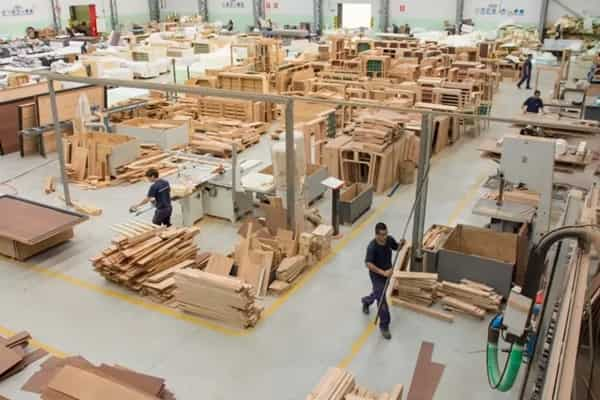The small and medium-sized enterprise (SME) sector in Argentina is experiencing a wave of optimism in 2025. However, industry leaders continue to call for a comprehensive tax reform and the elimination of foreign exchange controls to ensure sustained growth.
These findings are highlighted in the latest edition of the SME Expectations Survey conducted by IAE Business School, which sheds light on the improving outlook among SMEs in the country.
Growing Optimism Among SMEs
According to the survey, SMEs are showing a significant rebound in their expectations. A striking 65% of business owners anticipate better financial results over the next six months. Furthermore, more than half of the respondents view the removal of foreign exchange controls as a positive step forward.
Guillermo Fraile, professor at IAE Business School and lead researcher of the survey, noted: “The SME sector is beginning to move past uncertainty and is seeing a path toward growth. The challenge now is to adapt to a more competitive and stable environment.”
Despite the improving outlook, Fraile also pointed out that “a significant portion of the SME sector still needs to learn how to operate in a stable economic environment.”
While economic stability is welcomed, it brings new challenges. Companies must now compete with stable prices, implement more efficient processes, and manage tighter profit margins, marking a significant shift in the business paradigm.
Rising Expectations
Tax pressure remains the top concern among SMEs, solidifying its position as the primary issue for business owners. Additionally, 61% of entrepreneurs believe that lifting foreign exchange restrictions will have a positive impact on their businesses.
The survey also revealed that 65% of respondents expect their companies to perform better in the coming months, the highest level of optimism recorded since the survey began in 2021. Only 4% foresee a decline in their business performance, marking the lowest level of pessimism on record.
This optimism extends to the current business environment, with 71% of entrepreneurs stating that their companies are performing better than six months ago. This indicator had been declining since 2022 and hit a low of 57% in July 2024. However, the latest results show a significant recovery following last year’s economic adjustments.
“Companies have already adapted to the new reality and are beginning to see substantial improvements,” Fraile explained.
Macroeconomic Outlook
At a macroeconomic level, expectations have also improved. A remarkable 73% of business owners believe that Argentina’s overall economic situation will improve within the next six months, more than double the 31% recorded a year ago.
Regarding the elimination of foreign exchange controls, 61% of respondents believe it will have a positive or highly positive impact on their businesses, while 33% see it as neutral. Only 5% consider it a negative move.
“SMEs anticipate the removal of foreign exchange controls to normalize operations, facilitate imports, and encourage investment,” Fraile analyzed.
The Tax Burden
For SME business owners, tax pressure is by far the most pressing issue, with 61% identifying it as their primary concern.
Following tax concerns, 20% of respondents cited regulatory instability as a key challenge, while currency volatility (8%), trade restrictions (6%), and inflation (4%) were seen as less pressing.
A significant source of stress comes from costs denominated in hard currency, which are not yet perceived as competitive.
Fraile emphasized that “inflation, currency volatility, and trade restrictions are no longer the biggest concerns.”
“Today, the main obstacle is the tax burden, which limits the competitiveness of SMEs against foreign competition,” he added.
Despite these challenges, 61% of SME business owners plan to hire new employees within the next six months, whereas only 5% anticipate reducing their workforce.
However, talent acquisition remains a significant hurdle, with 73% of respondents struggling to find qualified personnel.
“Although this issue has slightly improved, it remains a barrier to growth,” Fraile explained.
The Path Forward
The SME Expectations Survey reflects that while optimism has grown, businesses must adapt to a more competitive environment.
According to Fraile, “The key will be how SMEs leverage this favorable context to enhance their competitiveness and continue growing in a more stable market. During times of instability, prices were not a key reference point due to constant adjustments. Instead, costs dictated pricing.”
“In a stable economic environment, prices become a more permanent benchmark, and businesses must adjust costs accordingly to maintain profitability and sustain their operations,” he concluded.
As Argentina’s SMEs navigate this evolving landscape, their ability to adapt to regulatory changes, economic stabilization, and market competitiveness will determine their long-term success.

